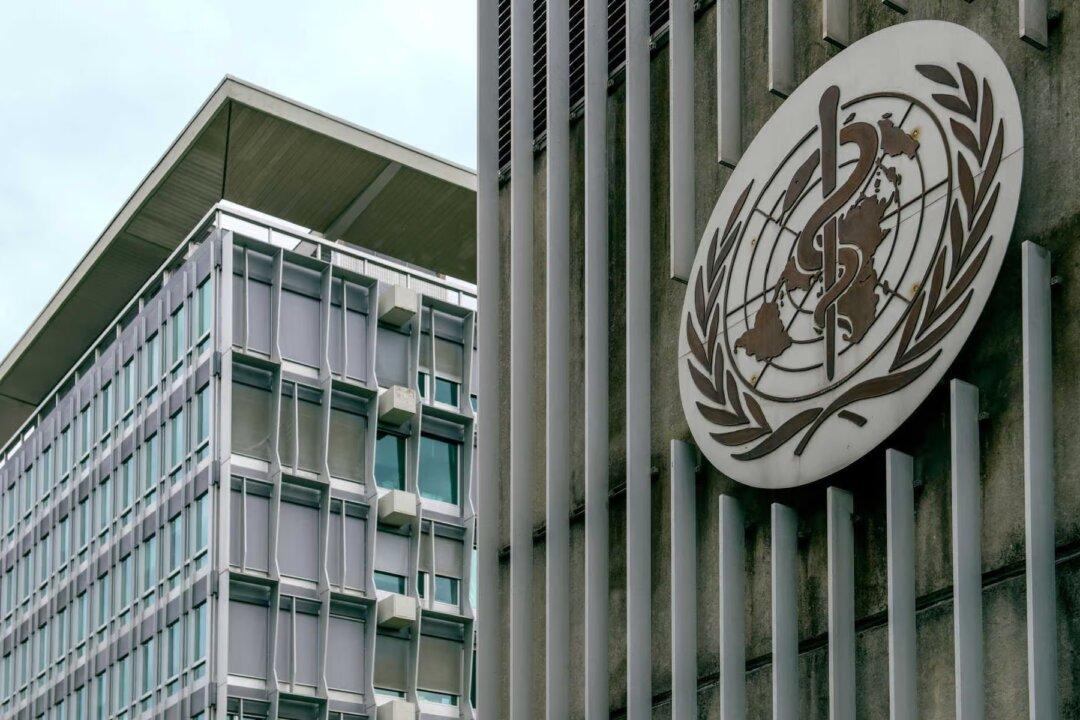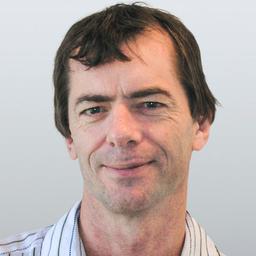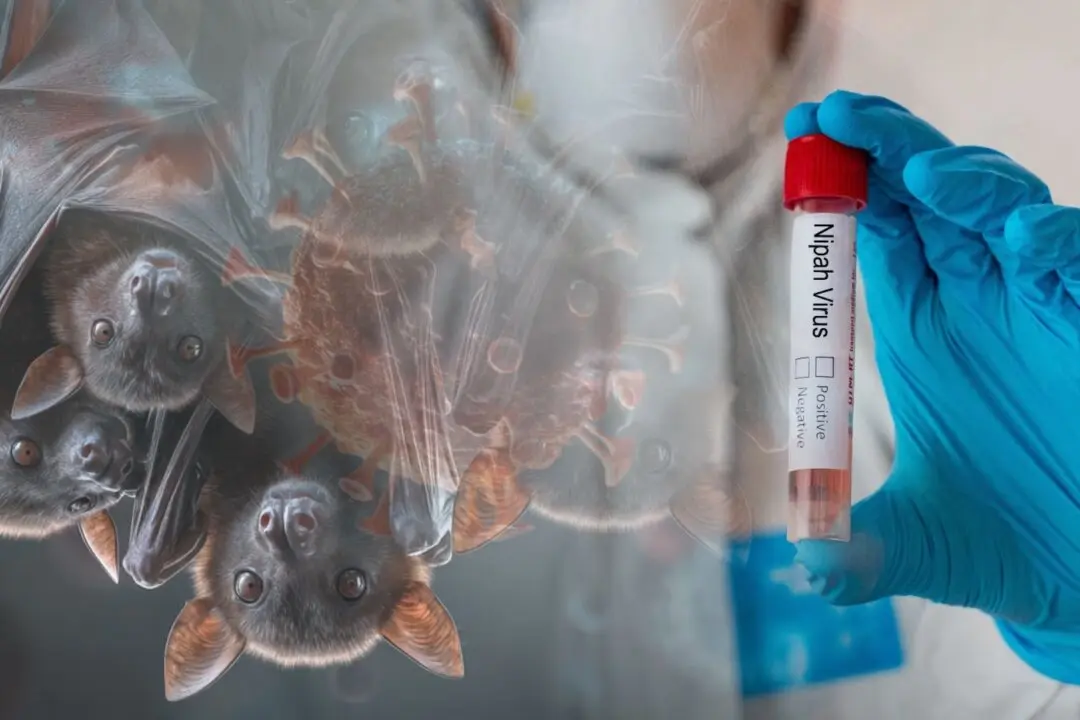Commentary
1.Why this unofficial Q&A?
The World Health Organization (WHO) includes a Q&A of its proposed health emergency instruments on its website. This document inadequately characterizes draft amendments that carry significant consequences for basic human rights and democratic process. Therefore, the proposals and their implications are explained further here, based on the WHO’s drafts, to support informed decision-making by States, legislators, elected persons, and the public.2. What are the IHR (2005)?
The International Health Regulations form a legally-binding international instrument adopted under Article 21 of the WHO’s Constitution which requires acceptance by only a simple majority of Member States. It was first adopted in 1951 and has been periodically modified. The current version was adopted in 2005 and entered into force in 2007. It has 196 States Parties, including the 194 WHO Member States.The purpose of the IHR (2005) was to improve coordination of international surveillance and response to health emergencies, particularly pandemics, to; “prevent, protect against, control and provide a public health response to the international spread of disease in ways that are commensurate with and restricted to public health risks, and which avoid unnecessary interference with international traffic and trade.”






